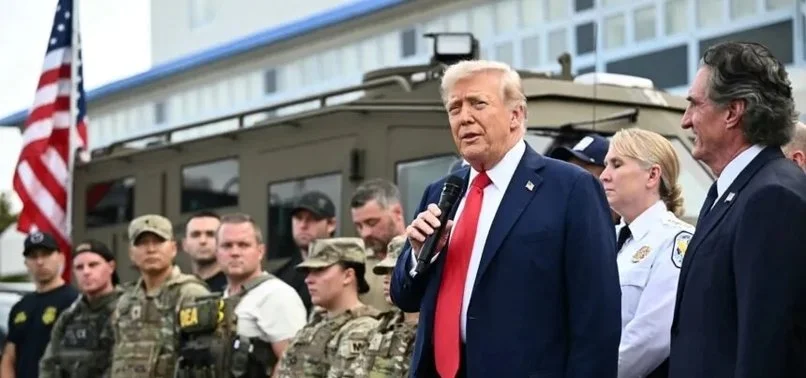The United States military has reportedly drafted detailed contingency plans for potential airstrikes in Nigeria. This preparation follows a direct order from President Donald Trump instructing the Pentagon to “prepare to intervene” to protect Christians from terrorist attacks.
The U.S. Africa Command (AFRICOM) presented multiple operational options to the Department of War, sources familiar with the deliberations revealed on Wednesday. This action was a response to a request from Secretary Pete Hegseth, who sought plans aligned with the President’s directive.
Three Options for Military Engagement
Military officials have categorized the proposed interventions into three main levels of engagement:
- Heavy Option: This plan involves deploying an aircraft carrier strike group to the Gulf of Guinea. Fighter jets or long-range bombers would be utilized to strike militant targets situated deep inside northern Nigeria.
- Medium Option: This proposal focuses on using MQ-9 Reaper and MQ-1 Predator drones for targeted attacks. The drones would aim at insurgent camps, convoys, and vehicles. U.S. intelligence support would ensure “precise and timely” attacks.
- Light Option: This approach emphasizes intelligence sharing, logistical support, and direct joint operations with Nigerian forces against groups like Boko Haram and other extremist organizations.
Despite the detailed planning, top Pentagon officials reportedly conceded that limited drone strikes or air operations are unlikely to successfully end Nigeria’s prolonged insurgency. They believe a full-scale campaign, similar to historical actions in Iraq or Afghanistan, would be required an option Washington is not currently advocating.
Nigeria Rejects Claims Amid International Backing
The administration of President Bola Tinubu has firmly refuted the claims of a Christian genocide. The Nigerian government rejected the U.S. designation of the country as one violating religious freedom, insisting the designation stems from “inaccurate data and misrepresentation” of national security challenges.
Mohammed Idris, the Minister of Information, clarified that Nigeria faces terrorism, not religious persecution. He asserted that both Muslims and Christians have suffered extensively from extremist violence.
“The government disputes claims of targeted religious persecution. Since 2023, President Tinubu’s administration has neutralised over 13,500 militants and rescued more than 11,000 hostages.”
Nigeria, the Minister added, continues to prioritize national security and “the protection of all citizens regardless of religious affiliation.”
The diplomatic tension prompted a quick international response. China publicly declared its support for Nigeria on Tuesday. Chinese Foreign Ministry spokesperson Mao Ning stated that Beijing “firmly opposes any country using religion and human rights as an excuse to interfere in other countries’ internal affairs.”
President Trump reiterated his willingness to take direct action on Wednesday if the alleged persecution continues. He stated, “Christianity is facing an existential threat in Nigeria. The United States cannot stand by while such atrocities are happening there… We stand ready, willing, and able to save our Great Christian Population around the World!”




















